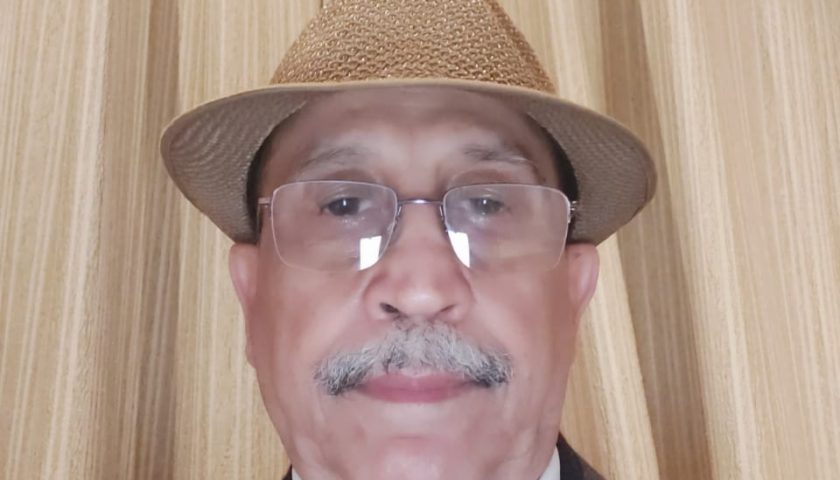
Disclaimer. This is not a scientific article discussing diseases related to sleep or their treatment.
After Corona, many things changed and now we pray for, ‘Better, Longer, Deeper sleep. But are we getting it? Most of those who work (office or home) and have children have a sleep deficit at least one day of the week. The pandemic has increased the number of people having sleep issues.
SLEEP AND SLEEP DEPRIVATION
Sleep is a phase in humans when the body and mind become inactive for several hours, typically at night with eyes shut. It has 4 to 5 cycles of around 90 minutes each. Each cycle has 4 stages – Awake time, Light sleep, Deep sleep and REM sleep – Rapid Eye Movement (REM) is usually accompanied with dreams.
INSOMNIA. The persistent problem of not falling asleep or staying asleep for sufficient time. Eight hours of sleep at night is the gold standard, yet many people are quite energetic with 6 hours of sleep at night and a short nap in the daytime.

CAUSES OF SLEEP DEPRIVATION
As this is not a scientific treatise, diseases of insomnia are not being discussed. However, these may be enumerated.
- Covidsomnia. Most people had less sleep. Others woke up late, while some had more naps in day times. Chiefly the fear of the disease, vaccine side effects, job losses and financial worries were the reasons. Some people also had circadian-related issues due to changes in sleep timings.
- Routine but excessive stress and anxiety for themselves or their friends and family.
- Lockdowns for some meant long hours of screen time. Especially at night.
- Certain drinks in the evening/ night hours. Energy drinks, coffee, trucker’s tea, and excess alcohol cause insomnia or delayed sleep.
- Insufficient physical activity is an important cause that is exacerbated during Lockdowns.
- Aging. Many senior citizens complain of insomnia resulting in napping 2 or 3 times a day.
- Others. Sleep apnea, certain physical and mental diseases, genetic disorders and certain medications are medical causes, not discussed here.
SO WHAT IF I SLEEP LESS OR AT ODD HOURS. DOES IT REALLY AFFECT MY HEALTH?
Yes, it does.

- Not sleeping at all or for just a few hours is considered Acute Deprivation. Initially, it causes tiredness, fatigue, grumpiness and lack of focus. If this is continued for a longer period, it may result in heart attack, stroke, or even death.
- Long term inadequate hours of night sleep is the cause of many diseases like
- Obesity
- Hypertension
- Depression
- Heart disease
- Decline in Libido
- Infertility
- Early onset of Dementia and Alzheimers
HOW TO IMPROVE THE QUALITY AND QUANTITY OF MY SLEEP?
A trillion-dollar industry is engaged in issues of sleep. ‘Pills, Pumps and Pulses’ with the addition of pillows, mattresses, lighting and audios all go into it. Of course, there is a cost involved in all of it. Also, every country or region has it’s own traditional methods of falling asleep. A familiar, comfortable bed and pillow, a dark, warm room with no sound are the ideal conditions. Some traditional methods of falling asleep are having a glass of milk before bed (Tryptophan in milk induces sleep) or drinking Jujuba seed soup in China or drinking Chamomile tea or increasing exposure to daylight (Melatonin secretion and setting biological sleep clock).
Here are some more popular methods for falling asleep if the above doesn’t work. And yes, they don’t cost a paisa!

- Shav asana, modified – This is my favorite, even though I am not an avid practitioner of yoga. Relaxation of body muscles, while one is concentrating on breathing, is the easiest way to falling asleep, be it night or day.
- Mind games – Visualizing a large flock of sheep on a green meadow. One by one, the sheep jump across a fence. Counting these sheep dulls the mind and puts it to sleep.
- An alternative is to mentally try to subtract 7 from 100. Then subtract 7 from 93 and 7 from 86 and so on.
- US Army method of the 1980s – It is still quite popular. This has 4 stages. The first is relaxing the face muscles including jaw and tongue. The second stage consists of dropping the shoulders, arms and hands as if, dead. The third is to exhale slowly while relaxing the chest wall and the legs. In the last step, one has to clear the mind of all thoughts. If this proves difficult, one has to just repeat, “Don’t think”, over and over again.
- Cognitive shuffle – This is a newer technique, a different mind game. It is claimed that a person will fall asleep in just 10 to 30 seconds of practicing this. This also has 4 steps. In step 1, pick a letter at random (say B). In step 2, make a word with 5 or more letters starting with B. Say “Bottle”. Visualize the bottle. In step 3; make 5 words starting with the first letter of the selected word, in our case the letter ‘B’. Say a bat, a ball, a broom, a biscuit and brinjal. Visualise each item, vividly. If you still haven’t fallen asleep, choose the next letter from the selected word (letter ‘O’) and repeat steps 2 and 3. Continue till you fall asleep.
- Do you practice any other methods to go to sleep? Let me know.
Sleep consumes one-third of our life. A good night’s sleep is one of the best gifts YOU can give to yourself!

Maj Gen Krishan Chauhan is a second-generation army officer. He studied in Sainik School Kapurthala, graduated from IG Medical College, Shimla and did his MD from AFMC/Pune University. He has served in the Army Medical Corps for 36 years and retired as the Addl DGMS army. He is an avid marathon runner and a writer. He first wrote articles for children in The Young Chronicles. Later, he started writing his own blog as Genkris, on WordPress where over 50 articles on various subjects can be accessed.


